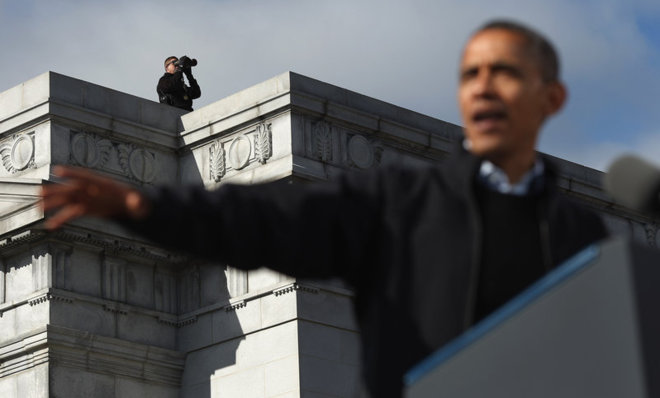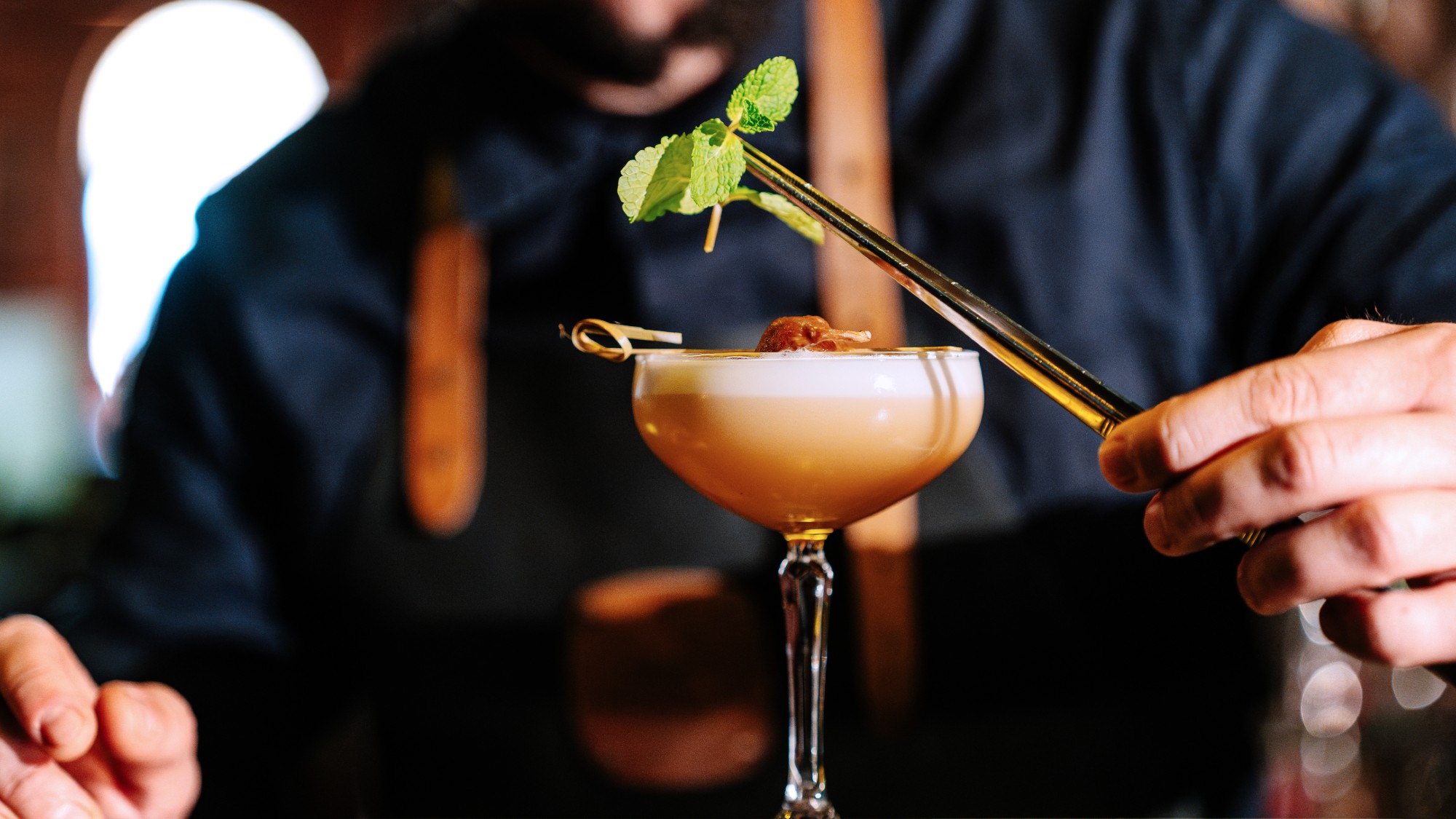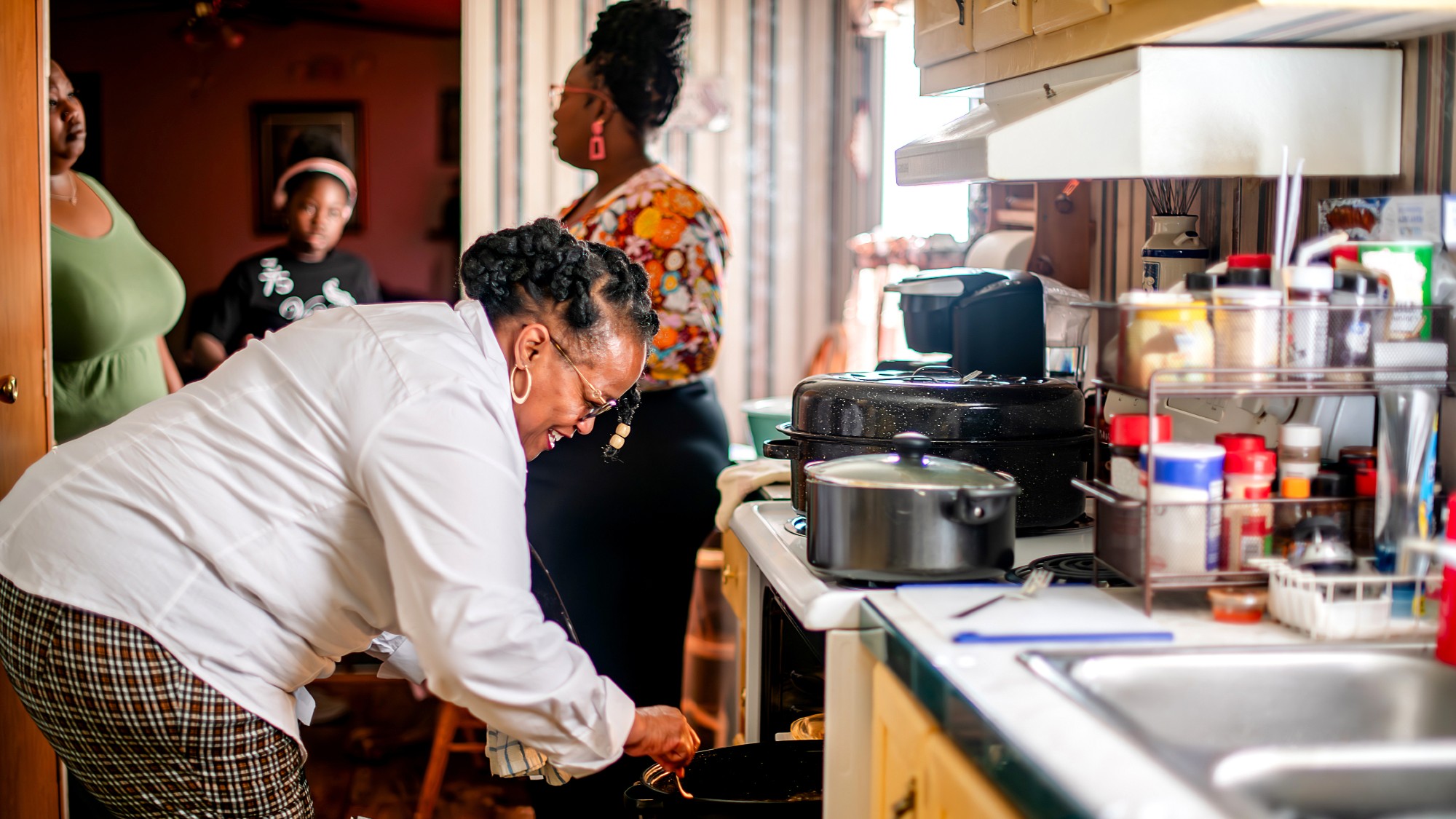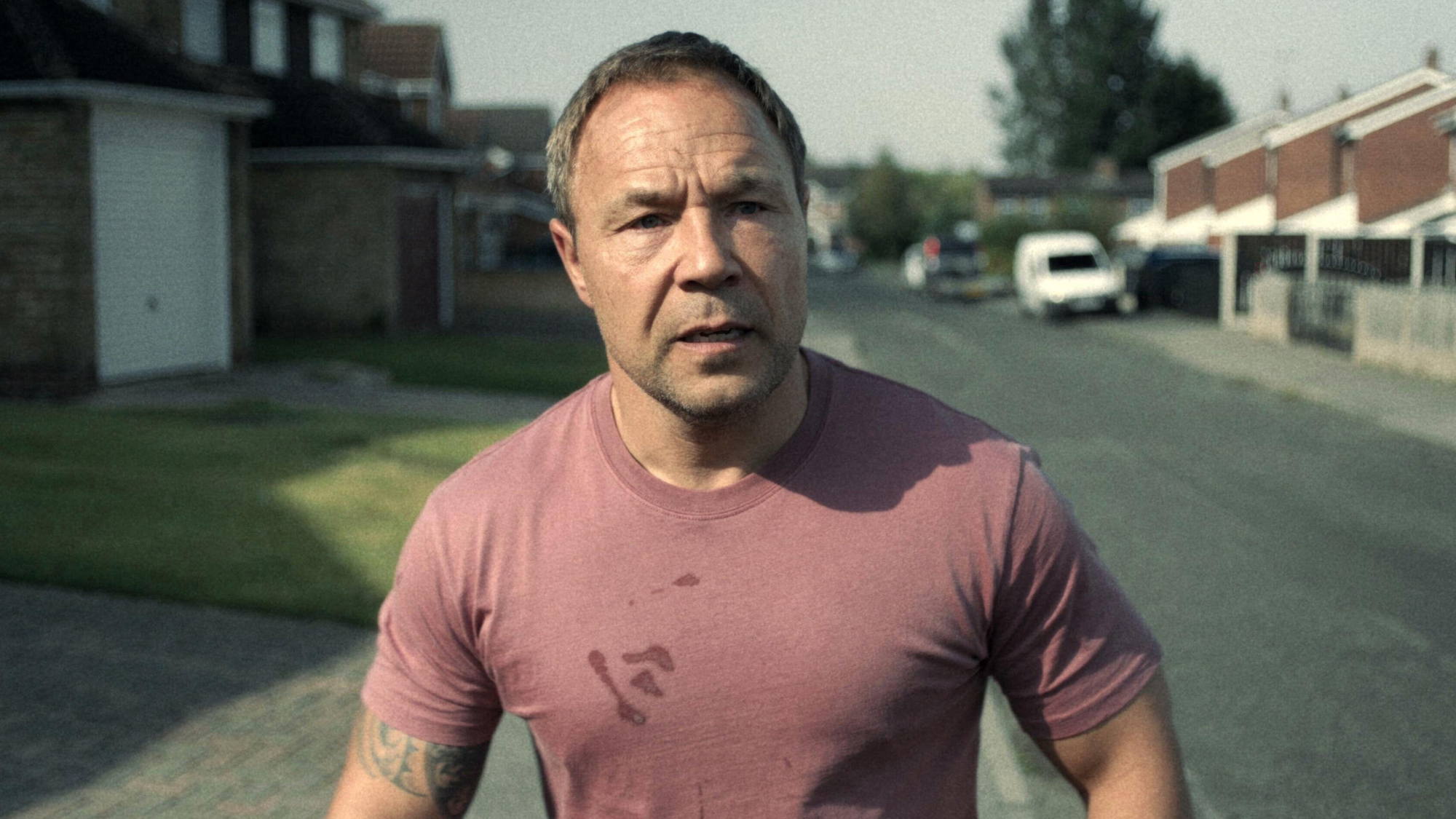The Secret Service has a drinking problem


One of the many pearls of wisdom that alcoholism recovery programs impart can be applied to the guys who caused the U.S. Secret Service's latest imbroglio. It's not that every time an agent drinks on the road, he has a problem. It's that, whenever there's an incident, it's usually because he's been drinking.
The Secret Service has a drinking problem. It's much worse than any other cultural deficit the elite agency has. It's more widespread than sexism, certainly, and the other isms that have been attached to the agency since the prostitution scandal in Cartagena, Colombia. It's something that every journalist who covers the White House kind of knows, intuitively, if they've ever traveled with the president. Pick your favorite White House correspondent and ask him or her whether agents on President George W. Bush's detail created problems at the Wild West saloon in Waco. One former White House scribe told me that although reporters regularly witnessed agents drinking heavily before shifts, "we just assumed they could control themselves. After all, they were the ones who were the most responsible of all of us."
For the most part, the agents are fine the next day. The job is stressful. But looking back at a string of incidents, many of them not well-publicized, over-consumption of alcohol is the common denominator. Sometimes, agents drinking alone make bad choices. But often, agents drinking with each other don't have the foresight, or the ability, frankly, to tell their colleagues to stop drinking without losing face. In the Netherlands, not only was a member of the Counter-Assault Team drunk, he was falling-down drunk. He was sleeping on the floor of a hallway drunk. And several of his team members were drunk, too. And no one thought to say, at some point during the evening, "Hey guys, maybe we should call it a night. You know, the reputation of the Service and all. Let's all go home and sleep." No one, apparently, had the capacity to be that necessary buzzkill. The lack of internal governors on behavior is one thing. The lack of peer pressure NOT to overdrink is THE problem that the Service will try to find a way to rectify.
The Week
Escape your echo chamber. Get the facts behind the news, plus analysis from multiple perspectives.

Sign up for The Week's Free Newsletters
From our morning news briefing to a weekly Good News Newsletter, get the best of The Week delivered directly to your inbox.
From our morning news briefing to a weekly Good News Newsletter, get the best of The Week delivered directly to your inbox.
The Washington Post reports today that an agency supervisor, Special Agent George Hartford, had, in fact, warned the CAT boys not to get into trouble earlier in the evening. They ignored him. To the Service's credit, discipline was swift. But agents on these elite details keep getting into trouble. A few weeks earlier, two agents assigned to the counter-sniper teams may have been drunk when they crashed their car in Miami.
In the Service, the counter-assault teams and counter-sniper teams are the elite of the elite; they work in a paracosm of future catastrophes. For a counter-sniper, the danger is different than being part of a close protective circle. In theory, he is given the responsibility of pointing a loaded gun in the direction of innocent people and deciding whether to pull the trigger in response to a threat. (To my knowledge, a counter-sniper agent has never fired a weapon in the field.)
He stands on a roof for hours, making slow circles with his gun, aimed just above the heads of the crowd while his spotter checks hundreds of windows and is ever alert for movement flurries.
The "CAT boys" are often cooped up in hotel stairways (actual radio transmission I once heard: "Command Post, this is Hawkeye Renegade. Position, 26th floor, stairwell" ), sweating in heavy gear, or in black Suburbans, waiting for the world to explode around them. They too rarely deploy, which is a testament to good advance work.
A free daily email with the biggest news stories of the day – and the best features from TheWeek.com
It is not hard to imagine how they pass the time. They tell dirty jokes to relieve the tension. They bond, closely. They develop a sense of invincibility.
Those who know their history get a sick feeling every time they read about agents getting busted for stupid drinking before presidential visits. Agents on President John F. Kennedy's detail drank the night before his assassination. It's hard to imagine that, given the other security arrangements that day, they could have saved his life had they reacted more quickly, but, really, agents themselves will tell you that the connection between drinking and performance is something that a lot of them think about.
The Secret Service's drinking problem is not unique to the Secret Service. But the ramifications of a fairly large degree of alcoholic behavior in elite units are pretty serious.
Marc Ambinder is TheWeek.com's editor-at-large. He is the author, with D.B. Grady, of The Command and Deep State: Inside the Government Secrecy Industry. Marc is also a contributing editor for The Atlantic and GQ. Formerly, he served as White House correspondent for National Journal, chief political consultant for CBS News, and politics editor at The Atlantic. Marc is a 2001 graduate of Harvard. He is married to Michael Park, a corporate strategy consultant, and lives in Los Angeles.
-
 7 bars with comforting cocktails and great hospitality
7 bars with comforting cocktails and great hospitalitythe week recommends Winter is a fine time for going out and drinking up
-
 7 recipes that meet you wherever you are during winter
7 recipes that meet you wherever you are during winterthe week recommends Low-key January and decadent holiday eating are all accounted for
-
 Nine best TV shows of the year
Nine best TV shows of the yearThe Week Recommends From Adolescence to Amandaland
-
 Why Puerto Rico is starving
Why Puerto Rico is starvingThe Explainer Thanks to poor policy design, congressional dithering, and a hostile White House, hundreds of thousands of the most vulnerable Puerto Ricans are about to go hungry
-
 Why on Earth does the Olympics still refer to hundreds of athletes as 'ladies'?
Why on Earth does the Olympics still refer to hundreds of athletes as 'ladies'?The Explainer Stop it. Just stop.
-
 How to ride out the apocalypse in a big city
How to ride out the apocalypse in a big cityThe Explainer So you live in a city and don't want to die a fiery death ...
-
 Puerto Rico, lost in limbo
Puerto Rico, lost in limboThe Explainer Puerto Ricans are Americans, but have a vague legal status that will impair the island's recovery
-
 American barbarism
American barbarismThe Explainer What the Las Vegas massacre reveals about the veneer of our civilization
-
 Welfare's customer service problem
Welfare's customer service problemThe Explainer Its intentionally mean bureaucracy is crushing poor Americans
-
 Nothing about 'blood and soil' is American
Nothing about 'blood and soil' is AmericanThe Explainer Here's what the vile neo-Nazi slogan really means
-
 Don't let cell phones ruin America's national parks
Don't let cell phones ruin America's national parksThe Explainer As John Muir wrote, "Only by going alone in silence ... can one truly get into the heart of the wilderness"
